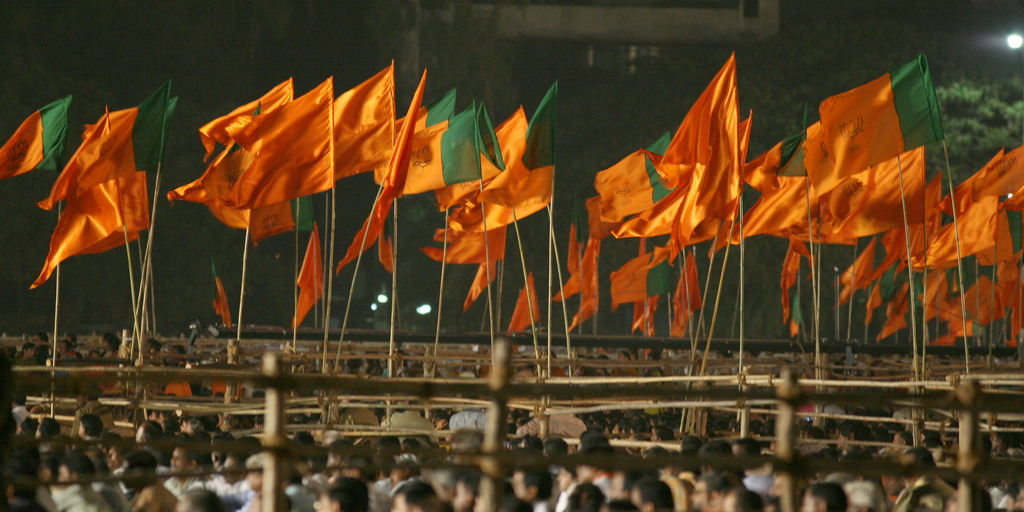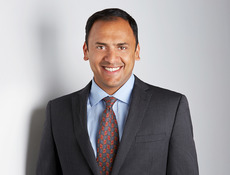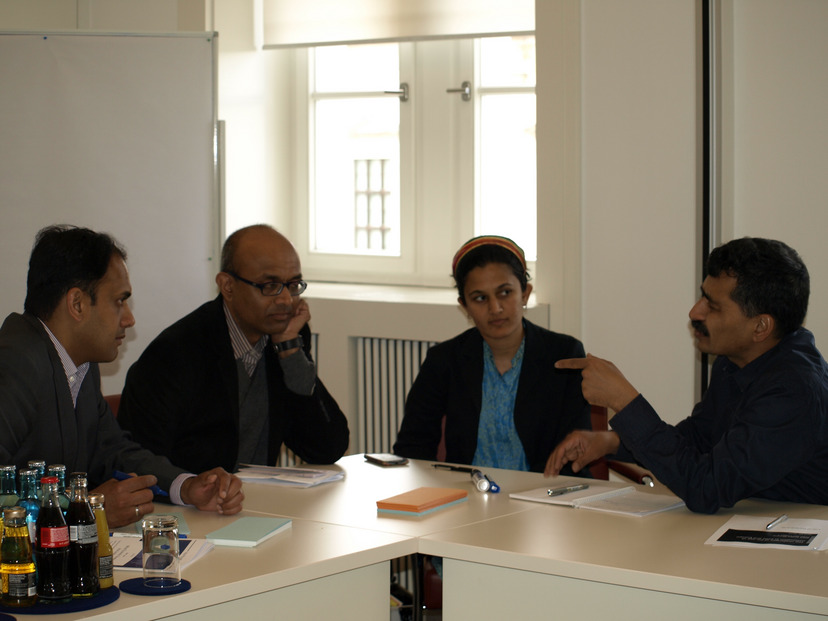Sven Hansen, a journalist with German national newspaper TAZ, started the morning off talking about historical and current developments of nationalistic movements in Europe. Following the recent influx of refugees into Europe, nationalistic movements have seen an up-tick in countries like France, Austria and Germany. This is reflected in anti-European, often islamophobic parties like Alternative für Deutschland (AfD) and Front National. Hansen considers a lack of a common culture of values within the EU community, as well as missing participatory mechanisms for European peoples within European Union insttitutions reasons for this recent nationalistic trend. Moreover, European middle classes increasingly feel insecurity about their precarious economic situations.
Following Mr. Hansen's discussion of recent European trends, Ms Dunaina Kumar, Senior Assistant Editor of Indian daily Indian Express, shone a light on the history of nationalism in India. Nationalism in India, according to her, is mainly seen as a symbol of freedom and liberty, as nationalistic forces helped bring about the end of colonialism and were important during the Independence Movement of 1947. Since Modi and the hindu-nationalistic party BJP gained power in 2014, nationalistic sentiments are being instrumentalized to distract from disappointments with Modi's performance. Current trends, especially the increasing polititical polarization between the Hindu majority and religious minorities, according to Kumar, are cause for concern.
Mr Subodh Ghildiyal, Senior Assistant Editor with Indian daily The Times of India, emphasized the differences between nationalism in India and Europe. According to the journalist, nationalists in India, as opposed to those in Germany, are more religiously than politically motivated and have a long history dating back to British colonial times and the Mogul times of Muslim leadership. According to him, historic roots still have an influence on how religious groups in India live together, as is visible in the prevalence of inter-religious violence between Hindus and Muslims since the 50s. Gildiyal affirmed that with Modi taking office, this type of nationalism has become more politiziced, and incresingly leads to further polarization and fragmentation of Indian society.
In the following Q&A, the role of media for nationalistic movements in India and Germany was the main topic of discussion. Kumar argues that the media landscape in India has shifted considerably since Modi took office. English-speaking TV in particular has moved towards being a government mouthpiece, and now mainly propagates the party line of hindu-nationalistic party BJP. Thereby, they contribute significantly to increasing polarisation of societal debates. Print media, however, are more moderate, and try harder to report in a balanced fashion on the political camps, according to the journalists.
Mr Hansen also pointed out the difficult relationship between media and politics in Germany. On the one hand, some political groups feel under-represented in media, as was recently obvious with the phenomenon of "lie press". On the other side, there's a lack of trust in media visible in many politicians. Hansen concedes that both parties will need to approach each other and confront the problems together.





